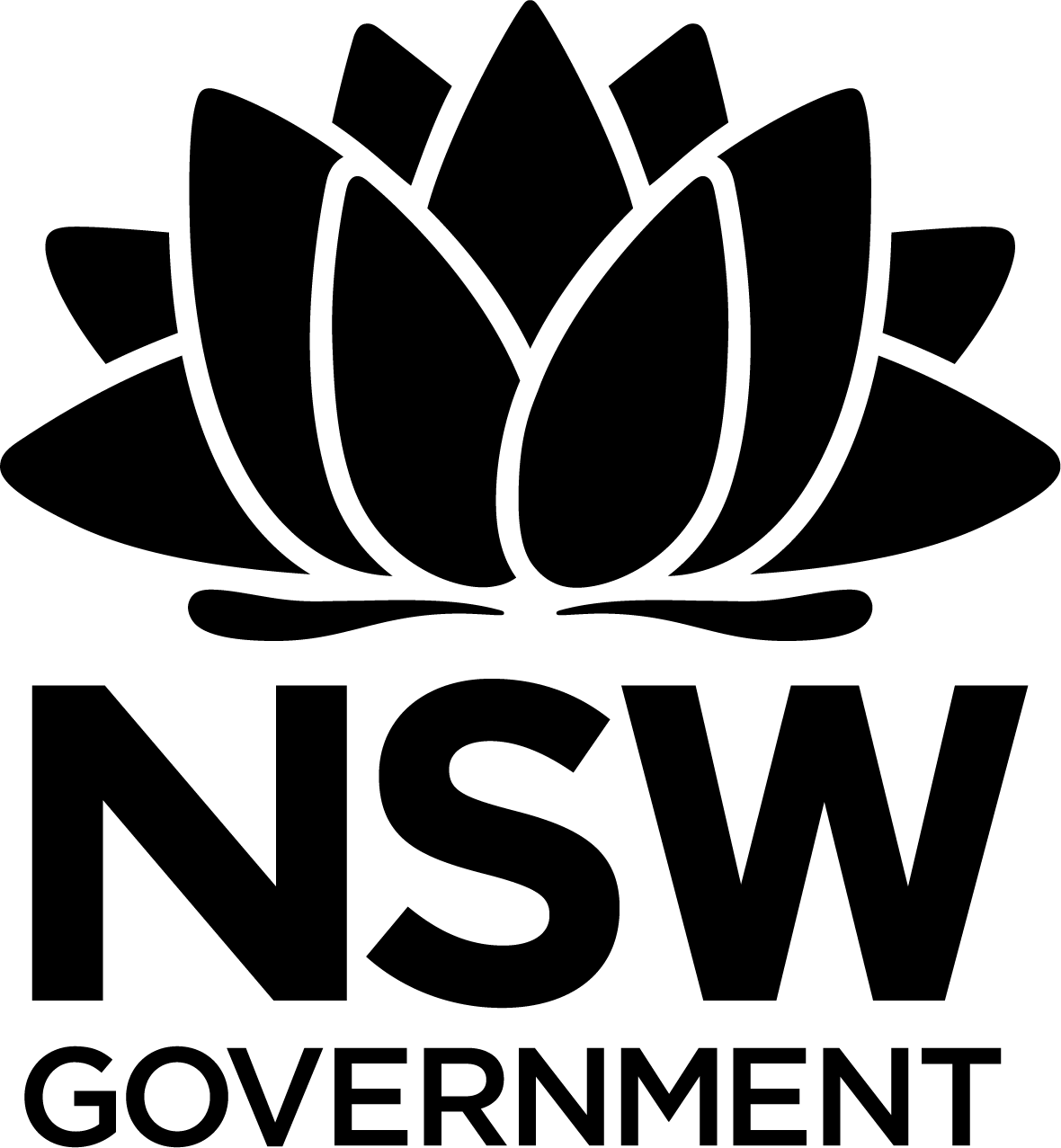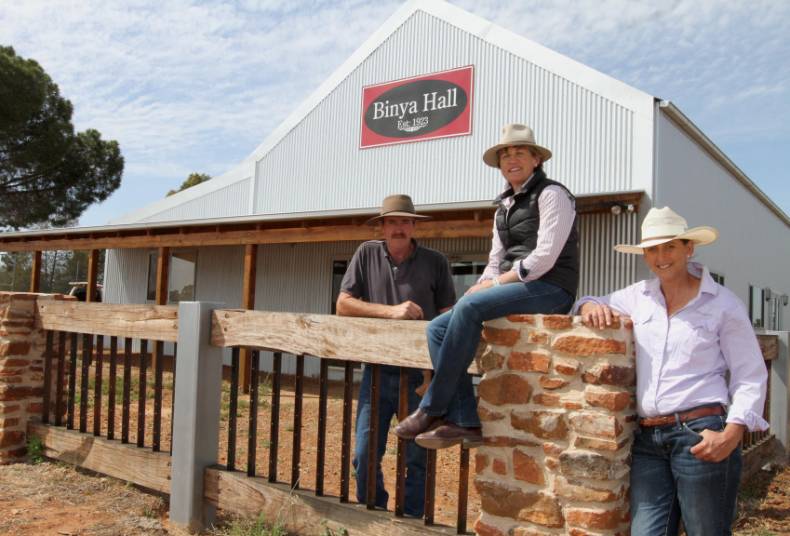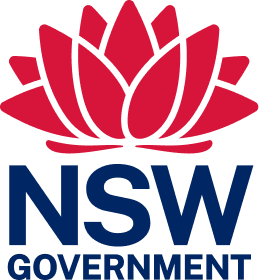
Crown land manager resource
Board appointments, resignations & duties
The following information outlines appointment and resignation of Crown land managers (CLMs) as well as details on individual board member roles.
Appointment of a Crown land manager
The minister appoints different types of entities to be a CLM:
- a statutory land manager (SLM)
- a local council
- a Local Aboriginal Land Council
- a prescribed body corporate
- the Ministerial Corporation
- an association
- a company
- any other body corporate or corporation constituted by or under another Act
- the head of a government sector agency.
There are differing appointment and resignation requirements depending on the CLM entity type. The following guidance material is separated into four groups: SLMs, council CLMs. head of government sector agency as CLMs, and all other CLM entities.
Statutory land managers
Board members of a statutory land manager (SLM) are appointed by the minister. A board must have a minimum of two and a maximum of seven members.
A board member normally holds office for up to five years. Each appointment term is specified on the Gazette notice.
At the end of their term, members can be re-appointed (that is, they are not prevented from serving successive terms). However, they are not necessarily guaranteed reappointment.
The minister can also appoint acting members to attend in the place of members who are absent or ill.
Ex officio members
The minister can nominate ‘ex officio’ members. An ex officio member is often a person holding some position that has an interest in the management of the reserve, for example, a councillor or mayor of a local council, or a position within the department. It is the ‘position’ that is appointed as the ex officio member, not a named person.
Ex officio members are included in the required minimum of two, or maximum of seven members on the board.
Ex officio members have all the rights and responsibilities of other members. They can speak and vote at meetings of the board and can be elected to executive positions (for example, chairperson, secretary and so on).
Ceasing board members
A person ceases to be a member of a SLM board if they:
- submit a written resignation to the minister
- complete their term and are not reappointed
- become bankrupt or seek the protection of bankruptcy laws
- are mentally ill and become a patient dealt with under the relevant mental health legislation
- are convicted anywhere in Australia or overseas of an offence that is punishable in NSW by at least 12-months imprisonment
- die while in office
- are removed at the discretion of the minister at any time for any or no reason and without notice
New SLM boards – getting started
Following the appointment of a new SLM, an annual general should be convened. At this first meeting, a chairperson, deputy chairperson and other office-bearers must be elected.
Resigning board
A SLM that seeks to cease all operations should contact the department. Support may be provided to assist SLMs without the need for a board to resign. If a board resignation proceeds, the SLM will need to undertake administrative and financial tasks outlined by the department. The minister may dissolve a SLM by notice, published in the Gazette.
Finding SLM board members
SLMs often rely on help from volunteers in fulfilling their responsibilities. Volunteers who regularly help out with a reserve may form a useful pool of future board members. Similarly, new board members could be recruited from among regular users of the reserve.
Potential applicants can view current board vacancies. If you have a vacancy on your board, contact us.
Council Crown land managers
Local councils can be appointed as CLMs. Councils are required to submit a plan of management (POM) for all reserves they are appointed to manage. Once this POM is approved by the department, the council CLM can manage reserved land under the provisions of the Local Government Act 1993.
Resignations
Council CLMs, and all category 1 CLMs, cannot resign from being a CLM without the minister's approval. The department has a specific process for this, please contact us to discuss resignation options.
Head of government sector agency
Heads of government sector agencies can be appointed as CLMs. In most cases this will be the secretary of the applicable government department.
Resignations
Other CLM entity types who seek to resign as a CLM need to contact the department.
The minister can also revoke the appointment of a CLM (for all CLM entity types).
All other CLM types
All other CLMs not specifically discussed above, such as a corporation, use a single appointment and resignation process, run by the department. An appointment instrument specifies the reserve manager, the appointed term, the dedication or reserve/reserves number and any terms or conditions of appointment.
The most appropriate, available CLM is appointed to a reserve, in keeping with the objects and principles of the Act.
CLMs can resign by writing to the minister.
Roles of board members
The following guidance on board member roles applies to all types of CLM entities.
The board executive is elected at its annual general meeting. The board must elect a chairperson and deputy chairperson, except in the case of category 1 CLMs where the minister appoints the chairperson.
Generally, boards appoint a secretary and a treasurer from among the board members. In some circumstances boards may elect a secretary and a treasurer from outside the board. Boards may also employ board members to act as the secretary and treasurer. However such employment and payment must be approved by the minister.
The people elected at an annual general meeting hold their positions until the next annual general meeting, unless they resign or otherwise cease to be a member of the board.
There are four main executive positions for a CLM:
| Role | Key duties |
|---|---|
| Chairperson |
The chairperson serves as the board's figurehead and acts as a link between the board and the department. While there is generally no legal distinction between the duties of a chairperson, and those of any other board member, in practice the chairperson is expected to play a leading role in the board. At a minimum the chairperson will be responsible for managing board meetings. The chairperson is also responsible for taking a leading role in management practices for the Crown reserve, ensuring proper procedures are in place and all duties carried out. |
| Deputy chairperson | The deputy chairperson supports the chairperson in their duties, and acts in the chairperson’s place in their absence. The deputy should have a good working relationship with the chairperson and needs to have a good understanding of the chairperson’s role and responsibilities. |
| Secretary | The main role of the secretary is to support the chairperson and to maintain effective records and administration. The secretary supports the chairperson in organising and managing meetings. |
| Treasurer | The treasurer is key to keeping the organisation’s finances in order. The position requires time, dedication and financial expertise. The treasurer organises bank accounts, deposits cash and cheques, pays the bills, keeps the books in order, draws up a budget, and keeps track of the outgoings and incomings throughout the year so the CLM knows how well it is keeping to budget. |
Problems with board members
Being a member of a CLM board can be a very rewarding experience. However, there may be times when CLMs experience difficult situations with a board member, and resolving these matters can seem daunting.
Not-for-profit resource Our Community, discusses the various types of difficult board members and how to deal with them in the short-term, as well as longer-term strategies for preventing difficult situations arising.
Can board members be paid?
Board members are generally not paid (with the exception of some professional category 1 boards) for the time spent inspecting, operating or maintaining the reserve, attending meetings of the CLM board, or otherwise running the affairs of the reserve. However, they can be reimbursed for out-of-pocket expenses if the CLM board approves.
Board members must provide a receipt before any reimbursement of out-of-pocket expenses. The expenses should be assessed as reasonable, acceptable and necessary, incurred for the general purposes of the CLM, and consistent with the CLM’s adopted policies on out-of-pocket expenses.
Refer to the Financial activities - getting started for more information on managing finances.
Related Items

Get involved
Members of the public can volunteer to participate in the management of Crown land as an appointed board member of a statutory land manager. Find out how.
This Crown land manager web resource was printed on 21 May 2025. The information contained in this web resource is based on knowledge and understanding at the time of writing May 2025. However, because of advances in knowledge, users are reminded of the need to ensure that the information upon which they rely is up to date and to check the currency of the information by referring to the website (www.reservemanager.nsw.gov.au).
© State of New South Wales through Department of Planning, Industry & Environment 2025.
Page link: https://reservemanager.crownland.nsw.gov.au/administration/board-members


